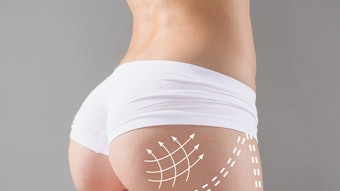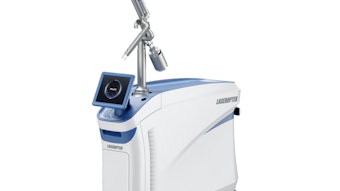The La Roche-Posay North American Foundation has awarded three candidates with grants for their scientific research and projects in dermatology: Bryan Sun, MD, assistant professor at University of California, San Diego; Dennis Kim, MD, incoming Mohs fellow at Brigham and Women’s Hospital; and Kyle Amber, MD, of the University of California Irvine department of dermatology.
Dr. Sun was granted the first prize of $10,000 for his project aimed at investigating the function of the proteasomal protein, PSMD8, on the health of epidermal stem cells and epidermal tissue. His goal is to identify and characterize genetic changes that contribute to decreased epidermal cell function during the aging process, in hopes of identifying key therapeutic molecular targets that can promote skin health and function.
Dr. Kim was awarded with $5,000 for his project to help create a new, effective, and cheap treatment for snakebites. “Snake bite is a neglected disease affecting millions of lives annually with limited treatment options. We are developing a tumescent technique to neutralize snake venom and slow its systemic spread,” he said.
Dr. Amber received $5,000 to continue his research on the expression of VCAM-1 on HET1A keratinocytes and their role in the pathobiology of eosinophil-mediated cutaneous diseases and eosinophilic esophagitis.
In addition, La Roche-Posay awarded one U.S.-based grant as part of its Dermatologist from the Heart program, which provides funding for community-oriented projects that make dermatology universally available and enhance patients’ quality of life. This year's winner in the U.S. is John Strasswimmer, MD, PhD, president of Dermatology Medical Missions, Inc. He will receive a $6,500 grant in support of his Healthy Skin for All initiative, a research-validated global sun safety and skin health education program to educate people of color about the risks of sun exposure. Healthy Skin for All is designed to work globally, regardless of ethnicity, skin color or literacy. The multilingual program is meant to reach under-served communities. “To date, hundreds of people have received this important teaching on sun protection,” says Dr. Strasswimmer.











